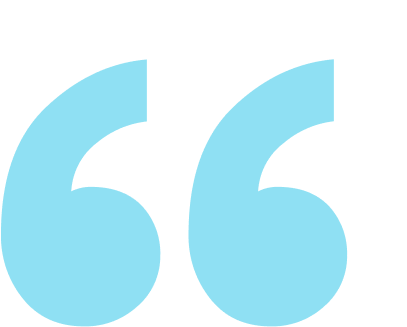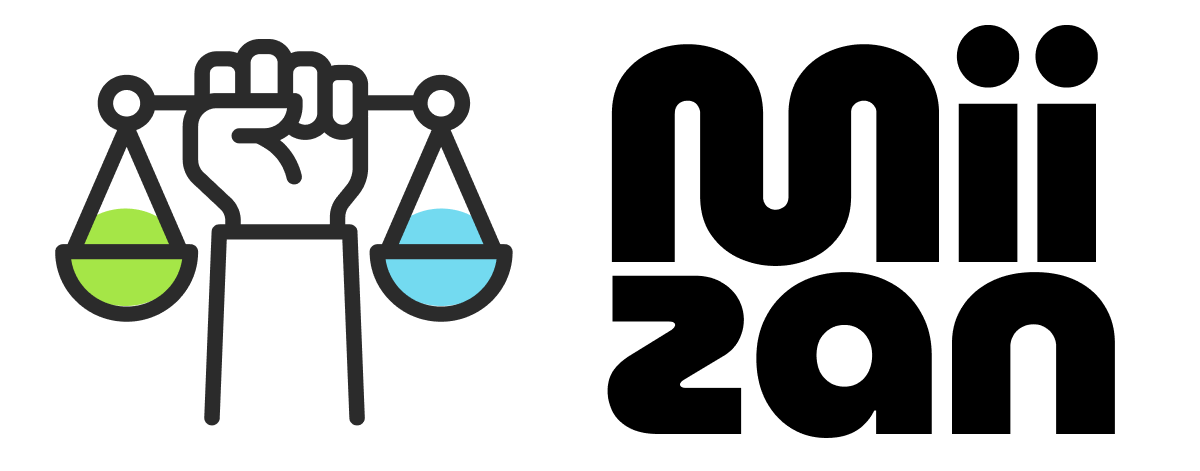
Why Hustle Culture is Just Another Addiction (And How to Build Real Success Instead
Your 3 AM Instagram scroll shows another entrepreneur bragging about their "4-hour sleep grind." Meanwhile, you're wondering why you feel exhausted despite being more "productive" than ever. Here's the truth they won't tell you about hustle culture, and the data-driven alternative that actually works.
The Hustle Culture Trap: When "Grinding" Becomes Self-Destruction
We've all seen the posts. The LinkedIn humble-brags about working 80-hour weeks. The Instagram stories of someone answering emails at 2 AM with the caption "while you're sleeping, I'm building." The podcasts that glorify exhaustion as dedication and treat burnout like a badge of honor.
Hustle culture promises that if you just grind hard enough, sacrifice enough sleep, and push through enough pain, you'll achieve your dreams. But here's what the gurus don't tell you: this approach is mathematically unsustainable.
The Hidden Cost of the Grind
When Boston Consulting Group found that nearly half of workers worldwide now report burnout symptoms, it wasn't because people suddenly became "weaker." It's because hustle culture treats humans like machines—and machines don't have emotions, relationships, or physical limits.
The philosophy of "sleep when you're dead" ignores basic human needs:
Your brain needs rest to consolidate memories and solve problems creatively
Your body needs recovery to maintain physical health and energy
Your relationships need attention to provide emotional support and meaning
Your spirit needs reflection and growth to maintain purpose and resilience
When you sacrifice these for work, you're not building success, you're building a house of cards that will eventually collapse.
The Productivity Paradox
Here's the irony: people following hustle culture often become less productive over time, not more. When you're sleep-deprived, emotionally drained, and socially isolated, your decision-making suffers, your creativity plummets, and your energy crashes.
You might be "grinding" 12 hours a day, but how much of that time is actually high-quality, focused work versus exhausted busy work?
The Science of Sustainable Success: What the Data Really Shows
What if instead of guessing about balance, we could measure it? What if instead of following someone else's productivity gospel, we could use our own data to build a life that actually works?
This is where Total Life Balance changes everything.
The Four Pillars Framework: A Smarter Model
Instead of the outdated "work-life balance" that reduces your entire existence to just two competing forces, research shows that sustainable success requires attention to four interconnected areas:
Work (30% - The Productive Foundation) Your career, projects, and meaningful contribution to the world. Yes, this matters—but it's not everything.
Health (50% - The Energy Source) Sleep, nutrition, movement, and recovery. This isn't "self-care fluff", it's the foundation that makes everything else possible.
Relationships (6% - The Support System) Family, friends, community connections. The people who provide meaning, support, and joy when work gets challenging.
Inner Growth (7% - The Compass) Reflection, learning, creativity, spirituality. The practices that keep you grounded in purpose and resilient through challenges.
Why These Proportions Matter
Notice that Health takes up 50% of the framework, not because you're lazy, but because your physical and emotional well-being is literally the energy source for everything else. When entrepreneurs crash and burn, it's usually because they depleted this foundation.
Work gets 30% significant, but not dominant. This creates space for focused, high-quality contribution without the diminishing returns of exhaustion.
Building Real Discipline Through Data
This is where Miizan becomes not just a tracking tool, but a discipline-building system. When you can see how your choices affect your energy, mood, and long-term sustainability, you develop the self-awareness needed for genuine discipline.
The Four Pillars as Discipline Framework
Work Discipline: Focused, sustainable effort instead of scattered grinding
Health Discipline: Protecting your energy source instead of depleting it
Relationship Discipline: Investing in connections before you need them
Inner Growth Discipline: Regular reflection and growth instead of reactive crisis management
Moving Beyond Addiction Patterns
All addictions, regardless of the substance or behavior share common traits.
Immediate gratification over long-term benefit
Avoiding difficult emotions or situations
Compulsive behavior that's hard to control
Neglecting other important life areas
Real discipline breaks these patterns by:
Using data to make conscious choices
Building sustainable rhythms instead of reactive cycles
Addressing root causes instead of just symptoms
Creating balance across all life areas, not just optimizing one
The Hidden Truth: Trading One Addiction for Another
Here's what's really happening with hustle culture, especially in tech and metropolitan areas.
Many people escape obvious vices (drinking, partying, mindless consumption) by diving headfirst into work obsession. On the surface, this looks like self-improvement. Work addiction seems "productive" compared to alcohol or social media addiction.
But addiction is still addiction, even when it wears a business suit.
The Substitution Trap
Think about it:
Alcohol addiction: Numbing feelings, avoiding reality, temporary highs followed by crashes
Work addiction: Numbing feelings through busyness, avoiding inner reflection, temporary productivity highs followed by burnout crashes
Both involve:
Compulsive behavior that's hard to stop
Using external activities to avoid dealing with internal states
Diminishing returns over time
Neglect of health, relationships, and personal growth
A constant need for "more" to feel satisfied
The tech industry might have lower rates of traditional drinking, but sky-high rates of work addiction, sleep deprivation, and burnout. Same problem, different drug.
The Discipline Paradox
Real discipline isn't about grinding through exhaustion, it's about having the self-awareness to make choices that serve your long-term well-being, even when they're not immediately gratifying.
Going to bed early when there's "more work to do"
Taking breaks when momentum is building
Saying no to opportunities that would overextend you
Prioritizing health when deadlines are looming
Choosing sustainable pace over unsustainable sprints
This is where measurement becomes crucial. Without data, we rely on feelings and impulses. With data, we can see patterns and make disciplined choices based on what actually serves us long-term.
How to Escape the Hustle Trap: Your Data-Driven Path Forward
Step 1: Acknowledge the True Cost
Take an honest look at your current approach:
How do you feel at the end of most days?
When was the last time you felt genuinely energized and excited?
What's your mood like when work consistently dominates your time?
How are your relationships and health really doing?
Step 2: Start Measuring What Matters
Begin tracking:
How your time actually flows across the four pillars
Your daily mood, energy, and stress levels
Which activities consistently lift or drain you
The connection between your time allocation and how you feel
Step 3: Make Small, Data-Driven Adjustments
Instead of dramatic lifestyle overhauls, make incremental changes based on your patterns:
If your mood dips when work exceeds 50% of your day, experiment with boundaries
If your energy improves with morning movement, protect that time
If connection with others lifts your spirits, prioritize relationship time
Step 4: Build Sustainable Rhythms, Not Unsustainable Sprints
Create systems that support long-term success:
Protect your sleep like your most important meeting
Schedule recovery time like any other commitment
Nurture relationships before you need them
Invest in reflection and growth consistently, not just during crises
The Bottom Line: Success Without Sacrifice
Hustle culture wants you to believe that sustainable success is impossible, that you must choose between achievement and well-being. This is a misconception.
The most successful people don't sacrifice their health, relationships, and inner peace for their goals. They understand that these elements fuel their goals.
When you have the energy that comes from proper rest, the clarity that comes from reflection, the support that comes from strong relationships, and the resilience that comes from taking care of yourself, you don't need to grind 80 hours a week. You can achieve more in 40 focused, energized hours than most people do in 80 depleted ones.
Your Next Step
Stop guessing about balance. Start measuring it.
The data will show you what works for your unique life, your specific goals, and your individual patterns. You'll build success that feels as good on the inside as it looks on the outside.
Because the goal isn't just to achieve your dreams, it's to enjoy the journey and still have the energy to celebrate when you get there.
Ready to build sustainable success instead of burning out in pursuit of it?
Try Miizan — the life balance app that tracks your routines across the four pillars. Your balanced life is waiting—you just need the right compass to find it.
Features you'll love
Why life balance isn’t about equal hours—and the key metrics you should track instead.
Track more than steps and sleep: Miizan turns mood into meaningful insight.
Align your four pillars—Work, Health, Relationships, and Inner Growth—into a resilient life blueprint.

“Truth is the offspring of silence and meditation.”
Sir Isaac Newton
English polymath active as a mathematician, physicist, astronomer, alchemist, theologian, and author (1642-1727)



